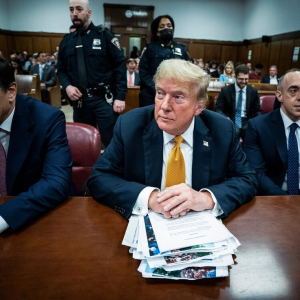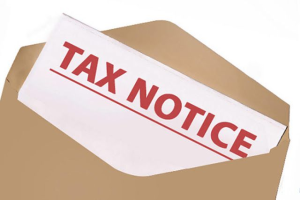Posted on February 1, 2025
Former President Donald Trump has unveiled a groundbreaking proposal that could change the way the U.S. government generates revenue. His plan? Eliminate federal income taxes and replace them with tariffs on foreign goods.
Speaking at the 2025 Republican Issues Conference in Miami, Trump outlined his vision for a tariff-based economy, drawing inspiration from the late 19th and early 20th centuries. “From 1870 to 1913, the U.S. didn’t have an income tax. Instead, we relied on tariffs, and it was one of the most prosperous periods in our history,” he said. Trump believes that by returning to this model, the U.S. can once again achieve economic greatness.

Central to Trump’s plan is the creation of a new agency, the External Revenue Service (ERS), which would manage tariffs and foreign trade income. This shift would allow the government to collect revenue from international sources rather than taxing American citizens. Trump argues that this approach would not only reduce the financial burden on individuals but also encourage domestic industries to thrive.
However, the proposal has faced criticism from economists and policymakers. Many argue that tariffs are an unreliable source of revenue and could lead to higher prices for consumers. Businesses often pass the cost of tariffs onto customers, which could disproportionately affect lower- and middle-income families. Additionally, the revenue generated from tariffs may fall short of what’s needed to fund essential government programs, potentially forcing cuts to services like Social Security and Medicare.

Trump’s plan also includes imposing significant tariffs on imports from countries like China and potentially even allies such as Canada and Mexico. While these measures aim to boost domestic revenue, critics warn they could strain international trade relationships and disrupt global markets.
Despite the controversy, Trump’s proposal has sparked a national conversation about tax reform and economic policy. Supporters see it as a way to reduce the tax burden on Americans and stimulate economic growth, while opponents question its practicality and long-term impact. As the debate unfolds, one thing is certain: Trump’s plan has brought the issue of tax reform back into the spotlight.


